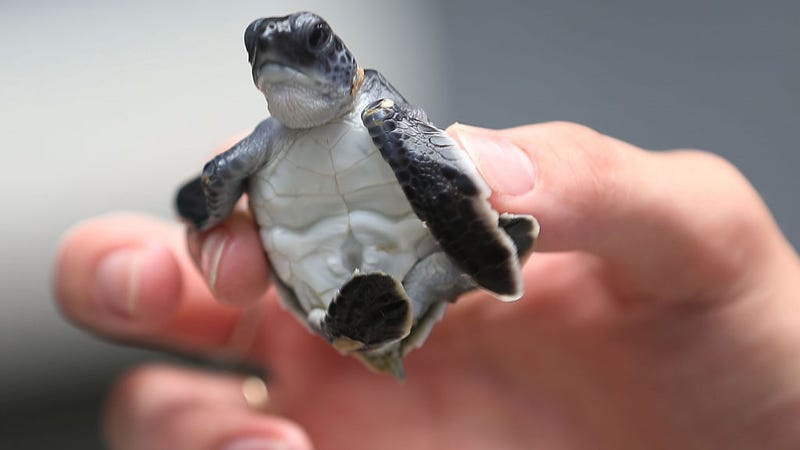
The 2008 book titled "The Lizard King" by Bryan Christy detailed a U.S. Fish and Wildlife Service agent's investigation into a Florida man's reptile smuggling business, for which he ultimately served eight months in prison and had to pay $250,000 to the World Wildlife Fund.
That punishment did not stop Michael Van Nostrand, 55, and his company, Strictly Reptiles, Inc. from continuing to smuggle animals.
Van Nostrand was sentenced on Tuesday in Miami federal court to seven months in federal prison plus an additional year of home confinement after he and his company tried to smuggle illegally harvested Florida turtles to China, Japan, and other places around the world, according to the Associated Press.
He had plead guilty to charges of conspiring to illegally traffic wildlife back in November.
The Davie, Florida resident was ordered to pay $100,000 "to a congressionally authorized fund that pays for the care, treatment and rehabilitation of wildlife."
Strictly Reptiles Inc. was also ordered to pay $150,000 to the fund.
The state of Florida outlawed the commercial catch of freshwater turtles in 2009 in order to protect both endangered species of turtles and more common types. Florida's Fish and Wildlife Conservation Commission called it the "most restrictive" ban in the country, according to Scientific American.
Court documents, viewed by the AP, showed that from April 2017 through April 2019 Van Nostrand was among those who created a group of "collectors" that searched throughout the state for specific freshwater turtles.
Van Nostrand and the "collectors" then lied about the turtles being bred in captivity.
Among these turtles was the three-stripe mud turtle, which is a type of common turtle that is prohibited to be taken because of it's similarity to those listed on Florida's imperiled species list, according to the Florida Fish and Wildlife Conservation Commission.
"Wildlife trafficking is a multi-billion-dollar transnational criminal activity that is both a critical conservation issue and an acute security threat. Conservative estimates place it among the top-ranked illicit types of trade," according to the U.S. Department of State.


